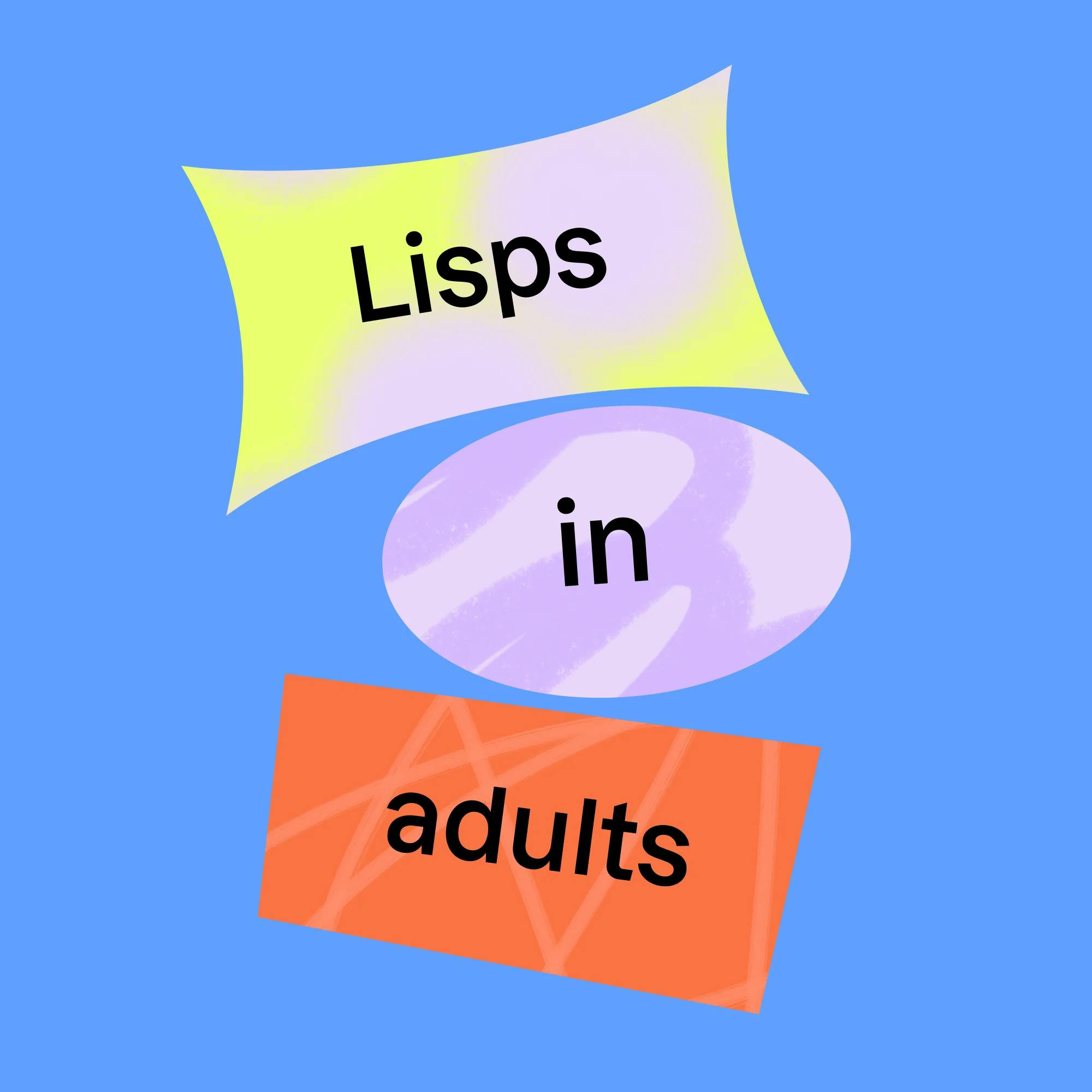Communicating with others isn’t just about the words we say. It also matters how understandable those words are.
How we pronounce words, or speech sounds, is referred to as articulation. For some people, clear articulation is a challenge. Let’s look at when that can present a problem, and how speech therapy helps children and adults learn to speak clearly and intelligibly in all kinds of situations.


How well can others understand you or your child?
Think about the people you speak with often. Maybe it’s your spouse, your kids, your friends, or other family members. Chances are, you know how these people communicate. You’re used to the way they talk–so much so that you can sometimes finish their sentences! You are a “familiar listener” for these people.
Now let’s say you have a child whose speech is hard to understand. You’re used to hearing them every day, and you know the way they pronounce certain words. So when they ask a question or explain something to you, you can understand them and respond–even if their speech wasn’t very clear.
While this isn’t a bad thing in itself, the child may have a very different experience with “unfamiliar listeners.”


Think about when people with low speech intelligibility talk with people who don’t know them well, or with whom they don’t speak often. We’ll call them “unfamiliar listeners.” These might be teachers, new friends and peers, coworkers, or employees at a store. Chances are, these unfamiliar listeners may have a hard time understanding everything the person says. This can be frustrating and upsetting for the person with articulation issues.
Being a clear communicator is a huge part of being a confident communicator. Everyone deserves to feel like they can tell others what they think, want, or need. That’s true no matter the setting, whether it’s at home, school, or work, at the doctor’s office, on the phone, or ordering at a restaurant.


Why “generalization” matters in learning to speak clearly
Being able to improve speech sound productions in everyday conversation is called generalization. It means that a person has learned to pronounce and use these sounds in all settings and situations, no matter who they’re talking to. This is usually the ultimate goal of speech therapy for articulation.
Let’s take a look at some of the reasons generalization is so vital.
Safety is a top concern related to speech clarity. If someone is in an emergency situation, they need to be able to express what happened, if they’re hurt, or who to call for help.
Making friends is another area to consider. Friendships form through communication. If someone’s speech is hard to understand, or they shy away from talking, this can hinder relationships with others.
Reading can also be affected by how a person talks. Some people with speech sound issues have a phonological disorder, which is related to poor understanding of how speech sounds are tied to the letters of the alphabet. This can make reading and literacy-related work challenging.
As kids grow into adults, there will be many situations in which they have to speak in front of others. It could be a presentation at school, a college or job interview, or talking to customers or colleagues at work. Poor articulation can make it harder to communicate your messages clearly and successfully.


How does speech therapy help with pronouncing words?
Speech therapy focuses on techniques to help you pronounce the sound you need help with. These techniques usually include different types of verbal “cues,” such as explaining the tongue or mouth placement for the sound. An example would be discussing how the tongue moves up for the /l/ sound, or how the top teeth sit on the lips for the /f/ sound.
The speech therapist may also use visual cues. These involve modeling, or showing, the correct placement of the mouth, tongue, and lips. Your speech therapist might model how the tongue stays hidden for the /s/ sound. Or they might use a picture of how the tongue is placed for the /r/ sound.
There are many different cues for each sound, and each person will respond better to certain cues than others. It can take some time to figure out what works best, but the speech therapist is there to guide you through the process.
Dacarri's story
Follow along on the journey of a preteen boy working on articulation for clearer speech. "Now I have more confidence in how I sound."
 Read Dacarri's story
Read Dacarri's storyHow does speech therapy progress for articulation?
Once you can say the sound correctly by itself, your speech therapist will begin helping you say the sound in syllables or words. After these early levels are completed, the speech therapist will move on to practicing phrases, sentences, and last, conversation, or generalization.
As you move through the levels, your speech therapist will provide cues and help you notice any errors you’re making. The goal is that you’ll need less and less help over time. Your speech therapist will slowly back away from providing support so that you can become more independent in your speech.
Your speech therapist will also explain when you can begin practicing at home and what to do. In order to make progress, this practice is essential! When you practice outside of sessions, it helps reinforce what you’ve been learning. That way you can pick up right where you left off at each session, instead of spending time “relearning” what was taught. Consistent practice leads to a shorter amount of time in speech therapy!
How Expressable Can Help
Concerned your child isn't reaching age-expected milestones? Looking for communication support from a professional? Expressable is a national online speech therapy practice serving children and adults. We treat all major areas of communication and feeding, offer flexible hours including evenings and weekends, and accept most major health insurance plans. We’re proud to have earned more than 3,000 5-star reviews from our clients (4.9/5 average).
Our therapy model is centered on parent and caregiver involvement. Research proves that empowering caregivers to participate in their loved one’s therapy leads to better outcomes. That’s why we combine live, 1-on-1 speech therapy with personalized education and home practice activities for faster progress.
Communication is more than words. It’s how we share how we feel and show who we are. We’re here to help you or your child do just that.

 Abby Barnes, M.S., CCC-SLP
Abby Barnes, M.S., CCC-SLP









